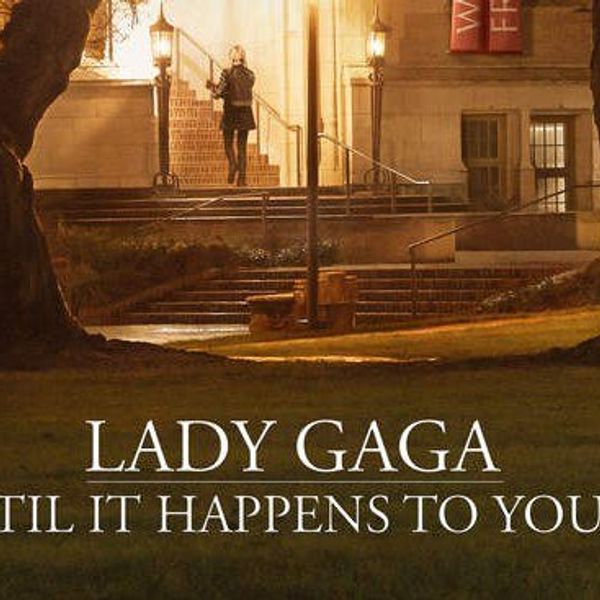The issue of rape culture is not unfamiliar to any of us. In the United States especially, a lot of dialogue has been opened pertaining to the subject and many college students have been very vocal and open about their own experiences with the culture of rape, sexual harassment and assault that exist on their college campuses.
A huge sub-topic of discussion that has come up in terms of this specific subject, is that of a culture of victim-blaming. Victim-blaming is the act of holding the sufferer or victim of a crime accountable for the attack and harassment that they have suffered. However, college students have adamantly been trying to fight against this sentiment and instead, reflect the reality of such crimes. They are trying to illustrate that the victims are never to be blamed for a crime of sexual assault or harassment.
In late January 2016, a female student at Rhodes University in South Africa had reported an incidence of rape that occurred at Rhodes Memorial located off-campus. According to the African Exponent, a similar case occurred in November of last year, in which a student reported a rape incident. African Exponent notes that, the student claimed that she was attacked by a fellow member of the Rhodes Must Fall movement. The incident occurred while these protests were happening on Rhodes University campus. The website notes that the perpetrator was easily identified and a case was immediately opened. However, this was not the due process for the most recent incident.
Rhodes University students have been protesting since April 17, 2016, after a fellow student reported a rape that occurred at the Rhodes Memorial, as well. Students have been up in arms because of the university’s response to the said reports of rape. Much like the epidemic occurring in the United States, students are wary of the effect and process of victim-blaming that is so evident.
According to Fusion.com, “The protesters allege that school administrators don’t take complaints of sexual assault seriously and that rape victims are often ignored even if they file an official complaint. A list of 11 students who allegedly perpetrated sexual assaults but were not disciplined by the school was published online recently with the title #RUReferenceList, the BBC reported." The online magazine claims that, “It’s illegal to identify someone implicated in a court case in South Africa until a defendant appears before a court, but it’s unclear whether complaints were filed with the police against all 11 men named in the list.” BBC reports that the hashtags #RUReferencelist - referring to the 11 alleged rapists named on Facebook - and #nakedprotest have been trending on Twitter for a number of days in South Africa.
Much like the United States, the epidemic of victim blaming is a reality and occurs all across the globe. Students in South Africa are tired of the manner in which the system manipulates these occurrences and are attempting to fight it. As stated on Fusion.com, “Students say the administration has not been supportive of victims of alleged sexual assaults in the past, and are not satisfied with officials’ evasive comments.” Comments vary from officials asking victims to come back a week later because the official that deals with rape cases was not in on that day, or statements stating that girls need to change certain behaviors in order to avoid being attacked. Some of these claims are listed below as stated in student tweets and a post on Fusion.com:
“Are you sure you want to go through with this? You’ll ruin his reputation,” said Rhodes University management to a rape victim who wanted to report the crime.
Victim: “I would like to report an assault.”
Management: “Sorry, the person who handles that isn’t here, would you like to come back next week?”
“I don’t have to be empathetic. I’m a lawyer, not a therapist,” Rhodes University management to rape survivors.
“Girls need to learn how to be firmer when they say now,” said by an unaccounted source.
The problem with issues of this nature is that it fosters a culture in which victims are the ones to blame for their own assault, as opposed to the person who committed the assault. Not only does this play on the psyche of the victim, but it also puts them in a situation of social outcast and unrequited judgement. In my personal opinion and experience, this kind of blame and judgement can break a person down to the point that they begin to believe they are, in fact, to blame for their attack. However, for the sake of their sanity and mental health, it is important to let victims know that it is not anything they had done, but rather a personal issue that exists within the perpetrator. It is almost completely unimaginable that we continue to exist in a society that can blame an individual for something that they had not, and would never, have asked for.





















